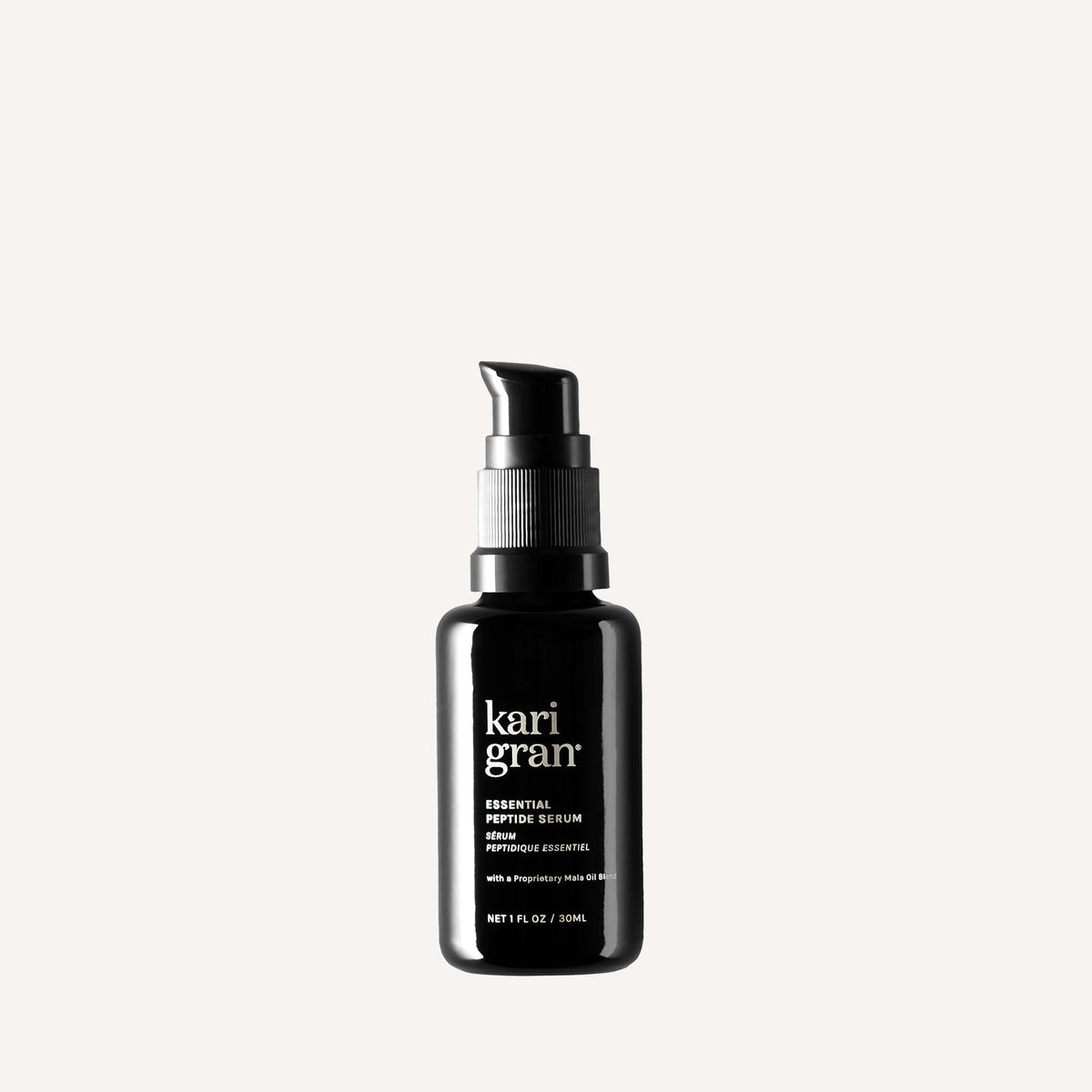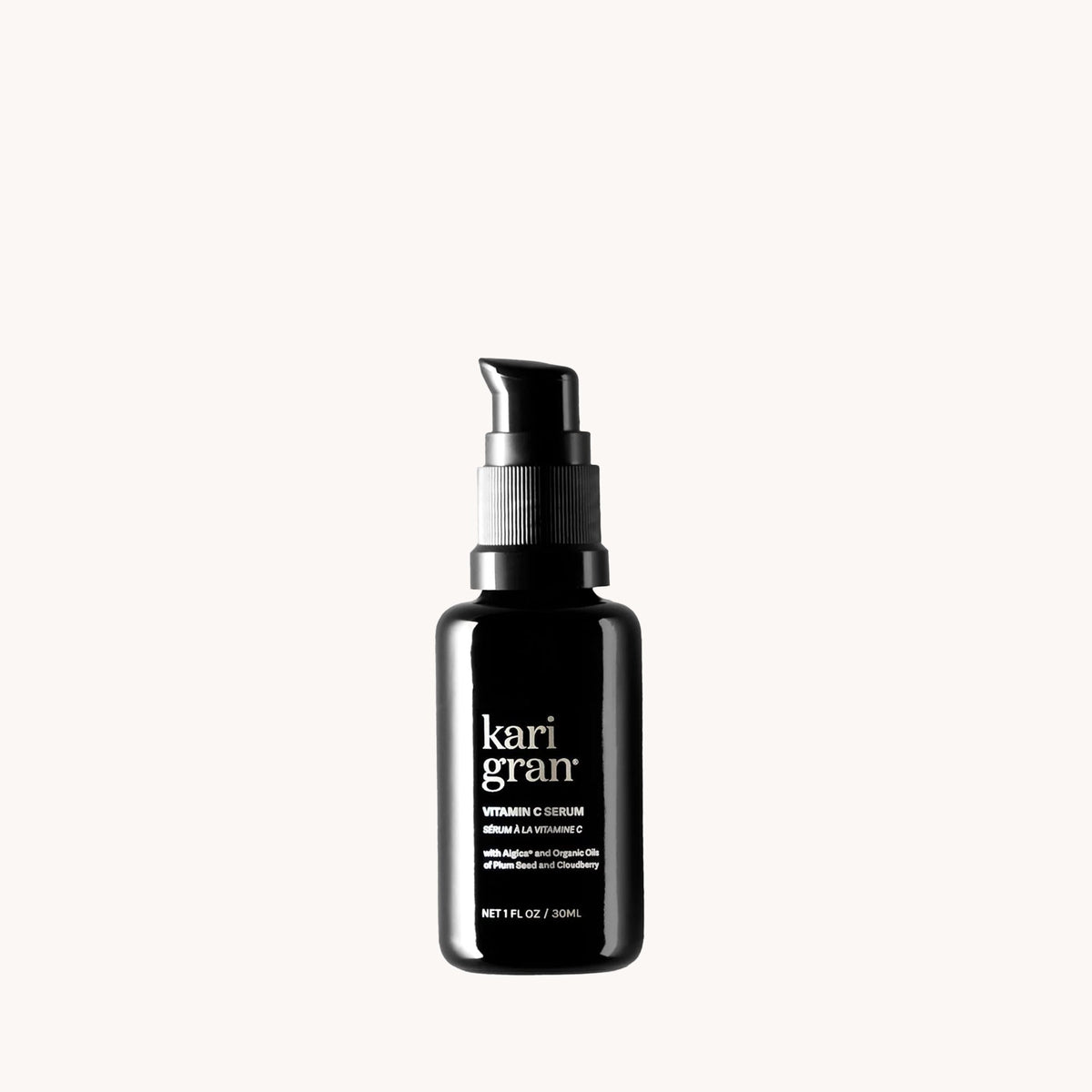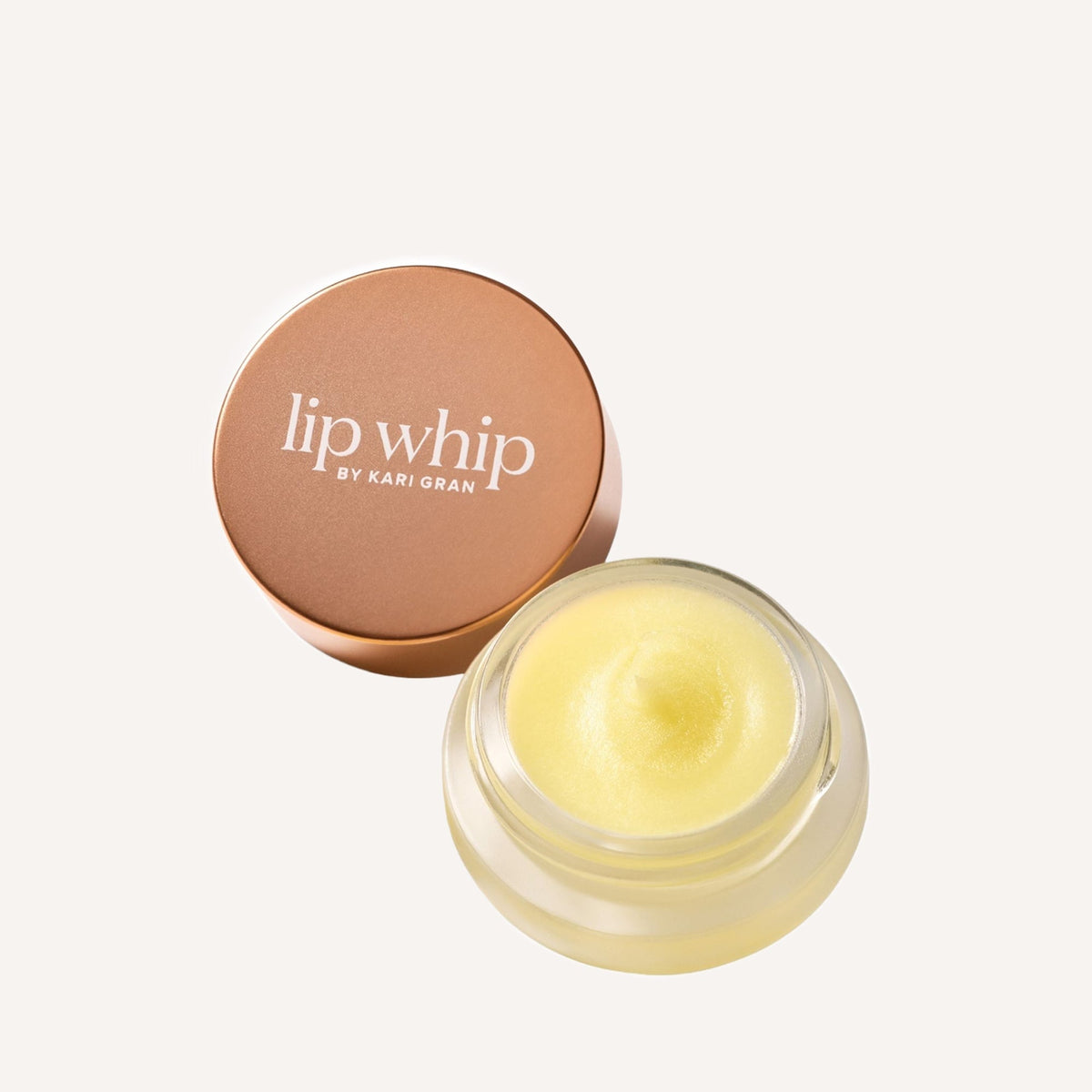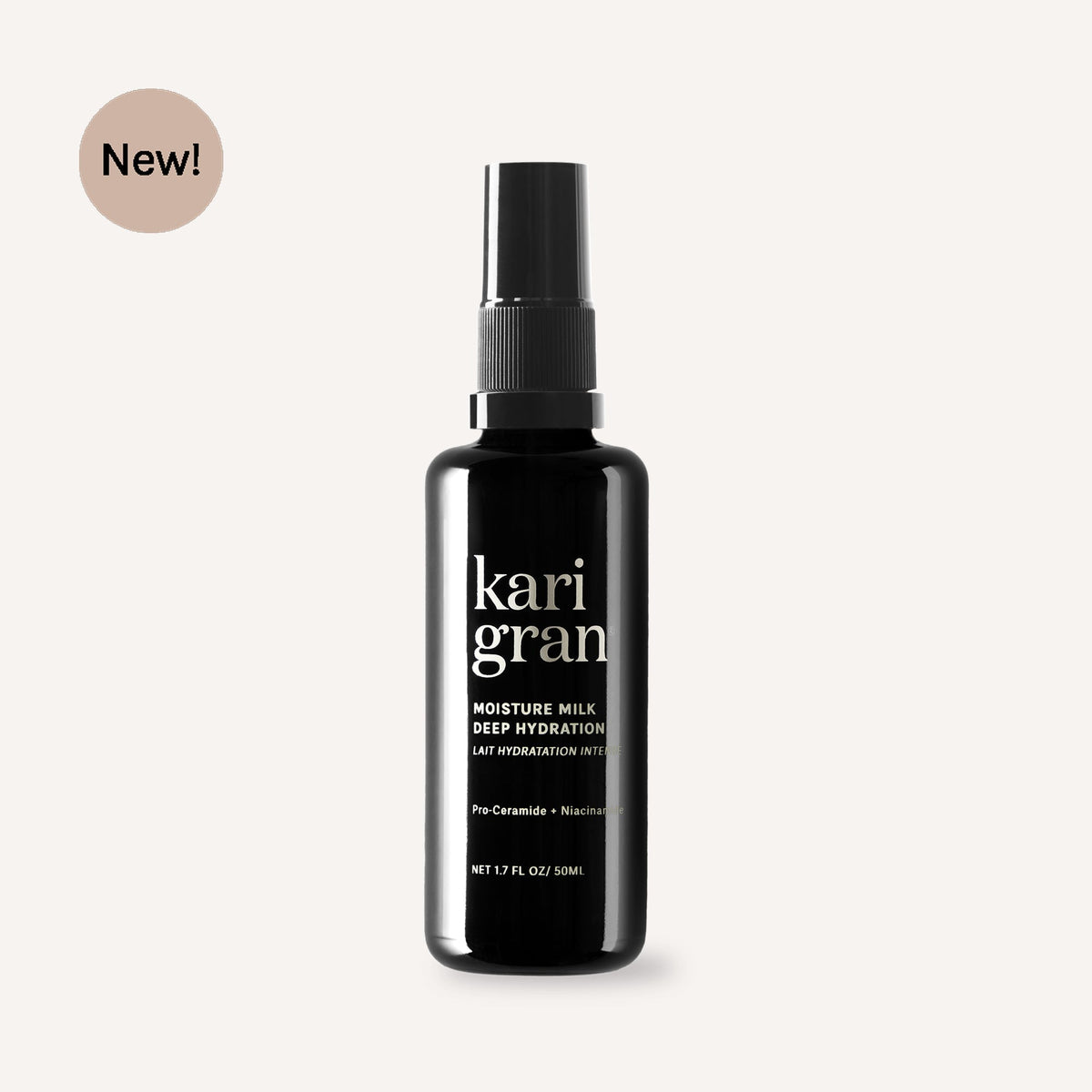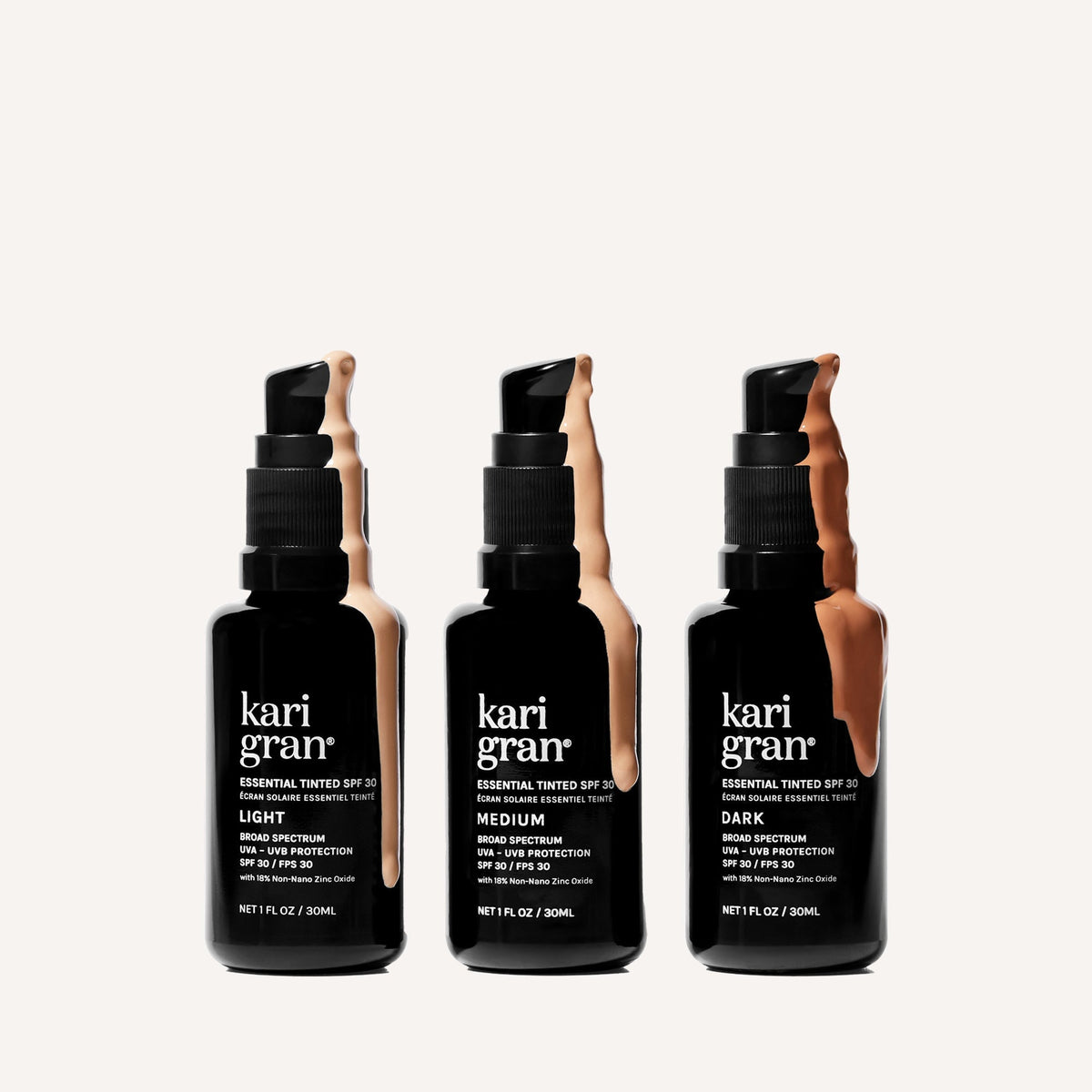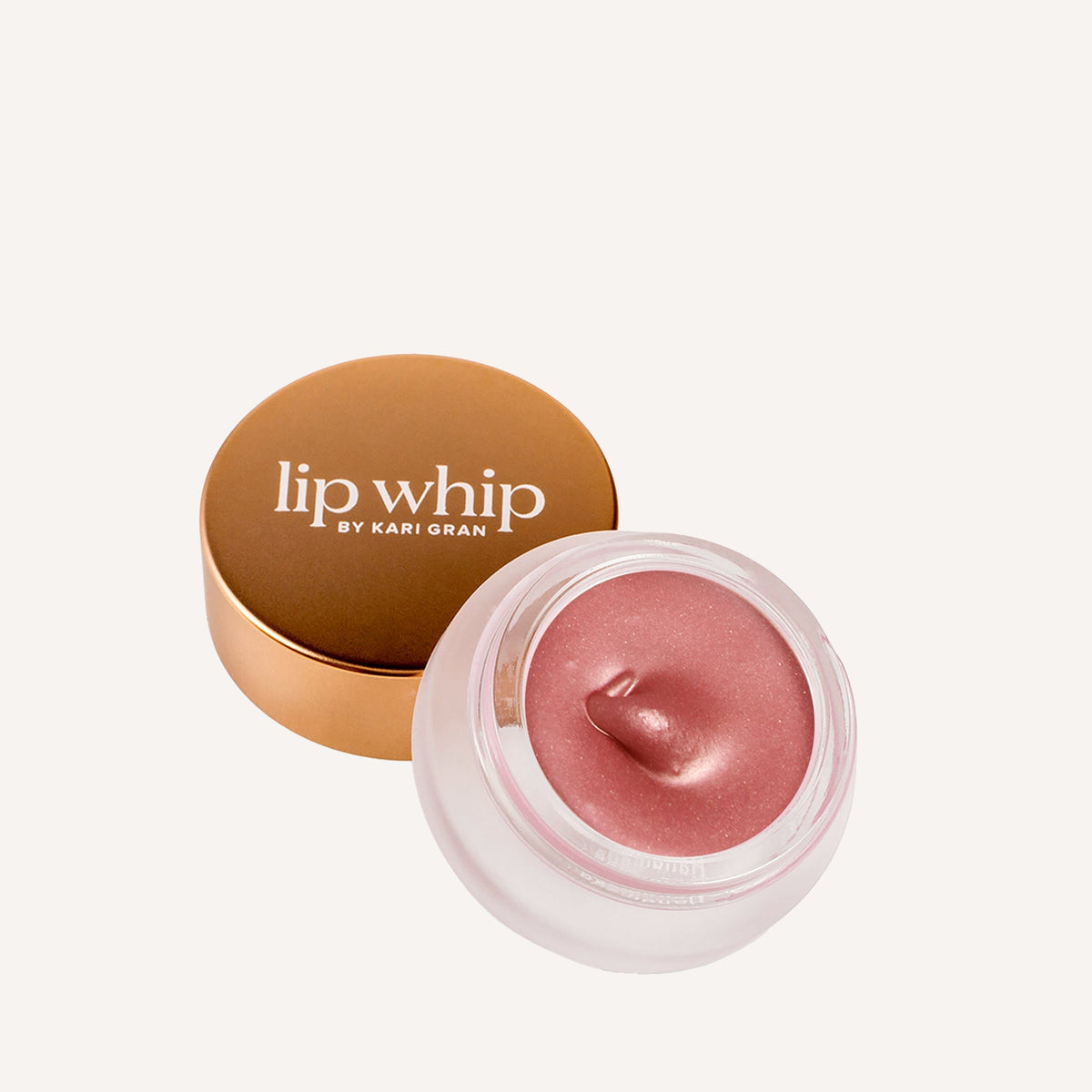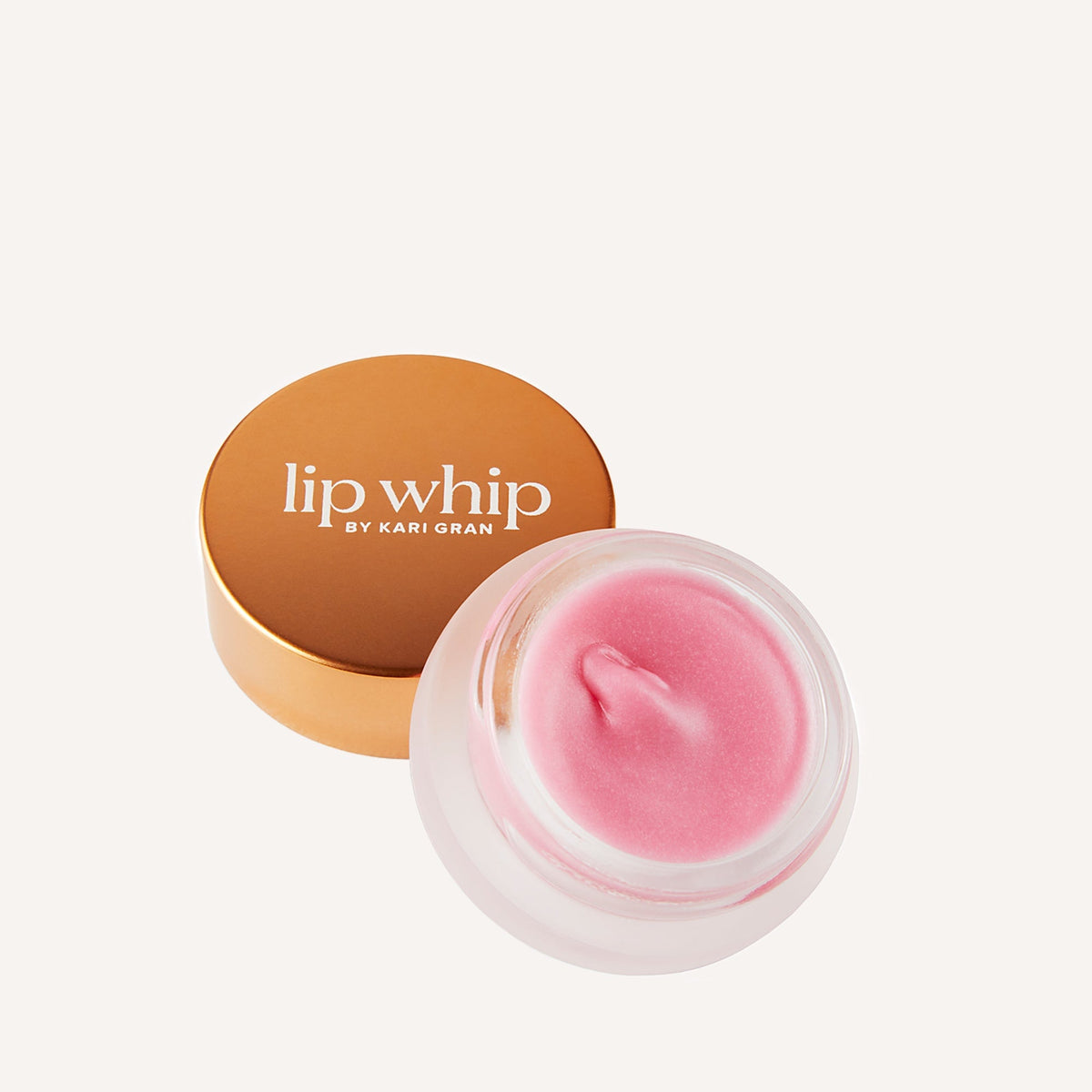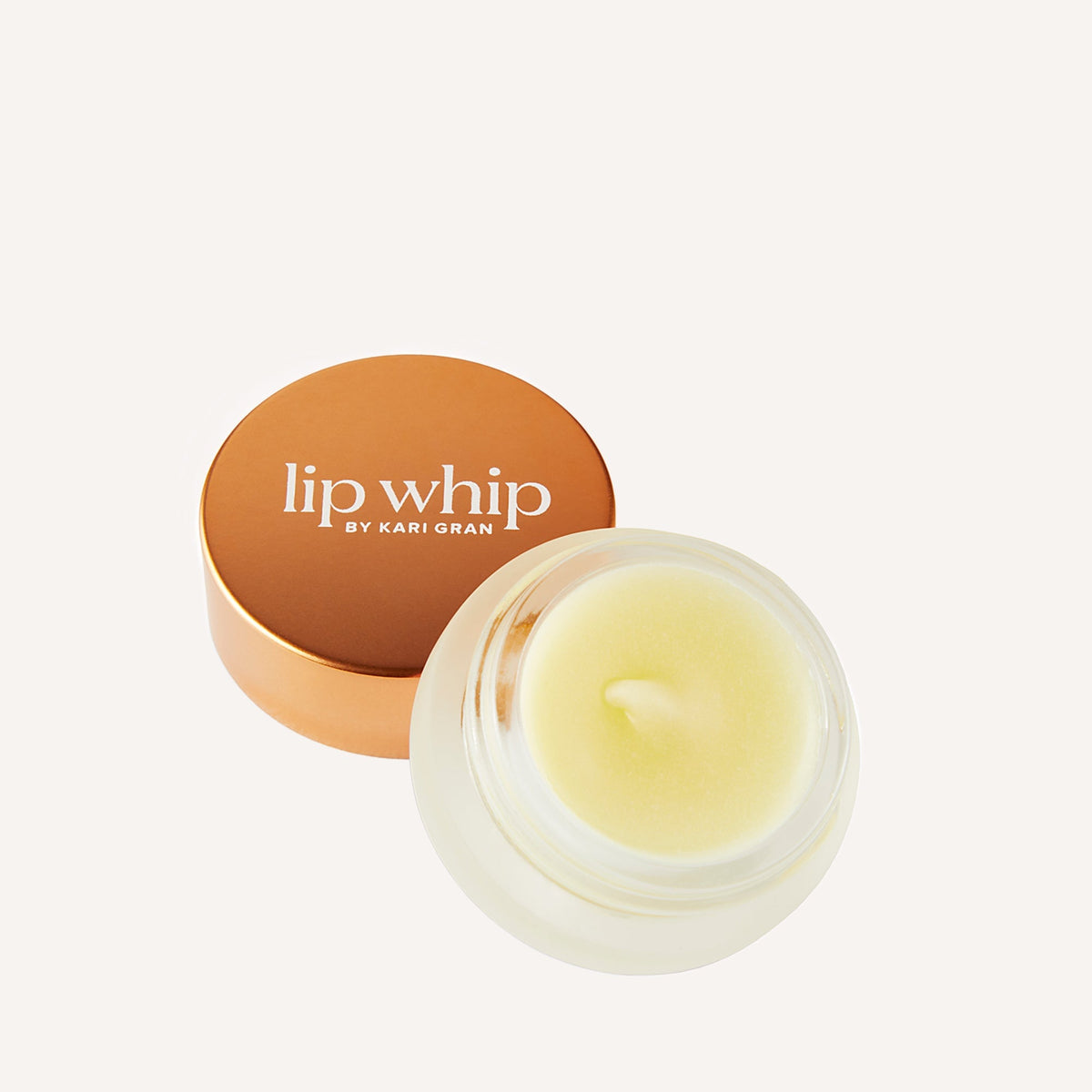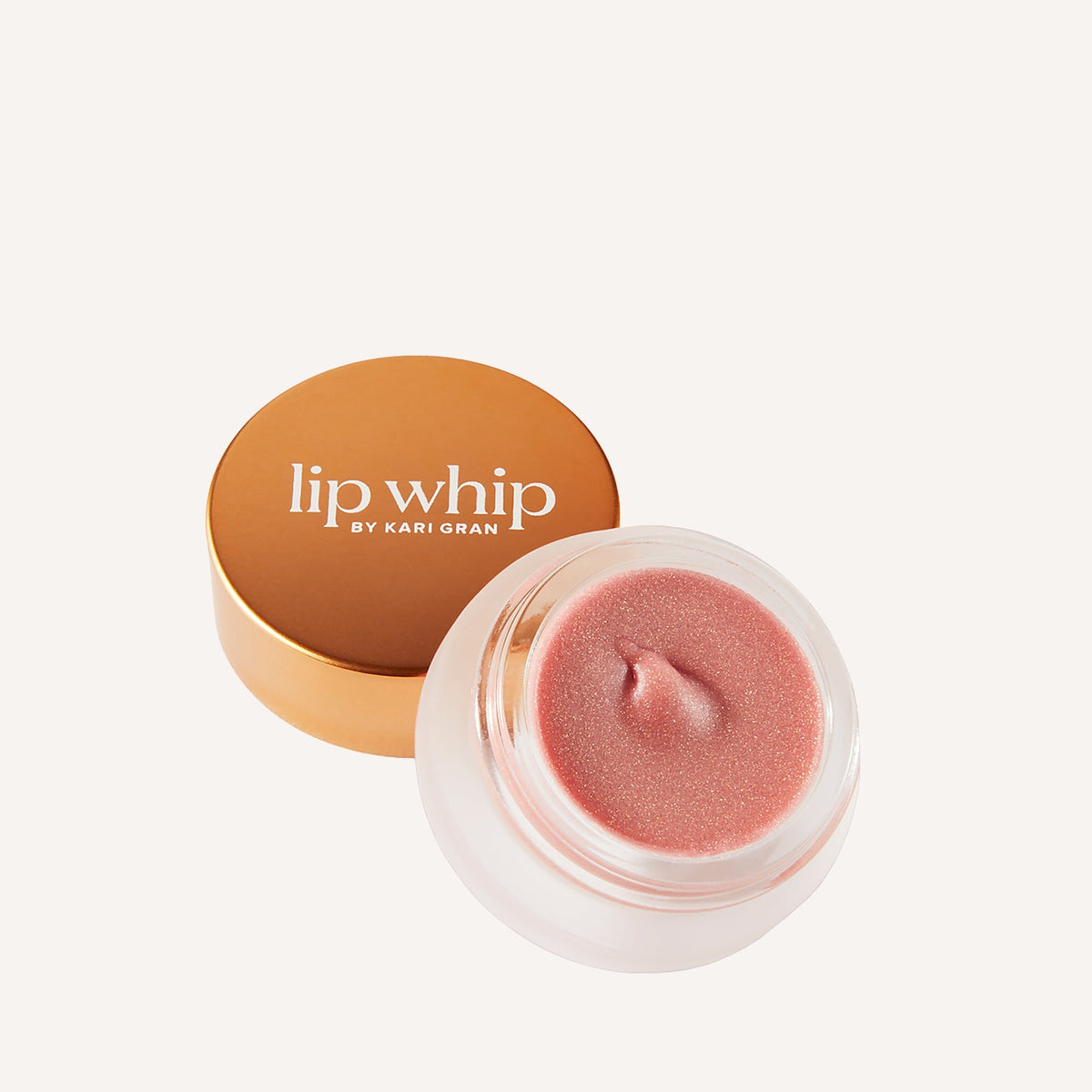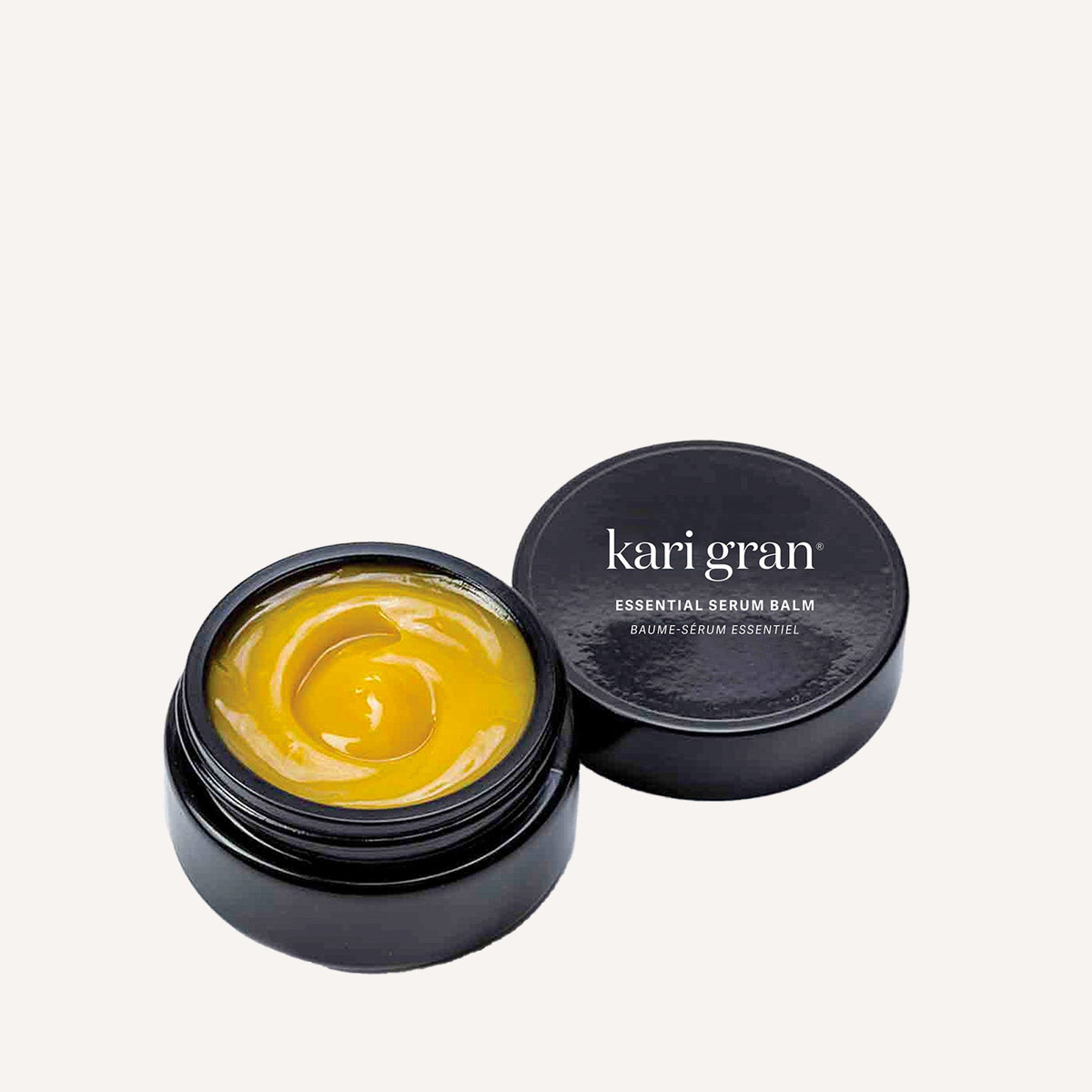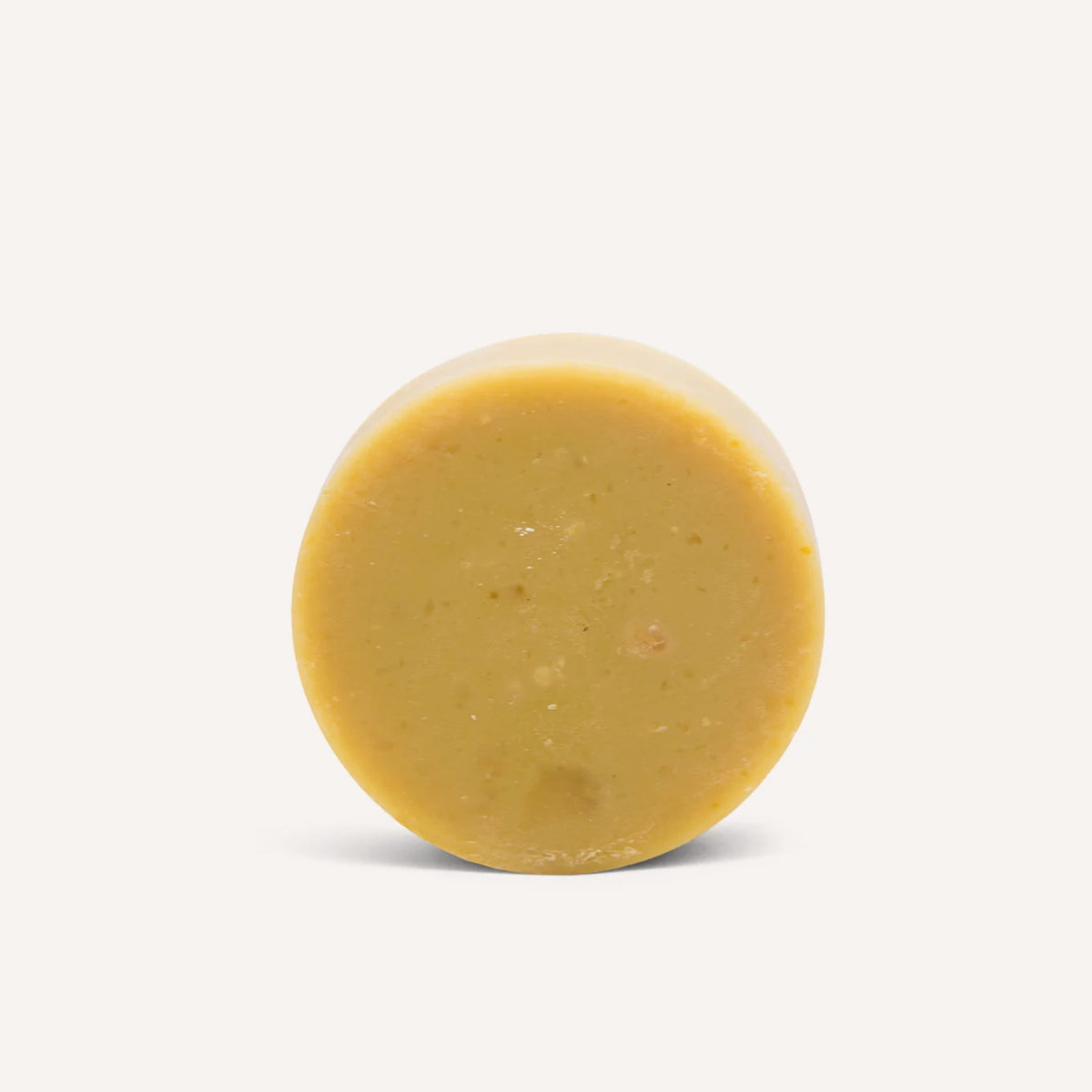Broccoli Is Good For Your Skin
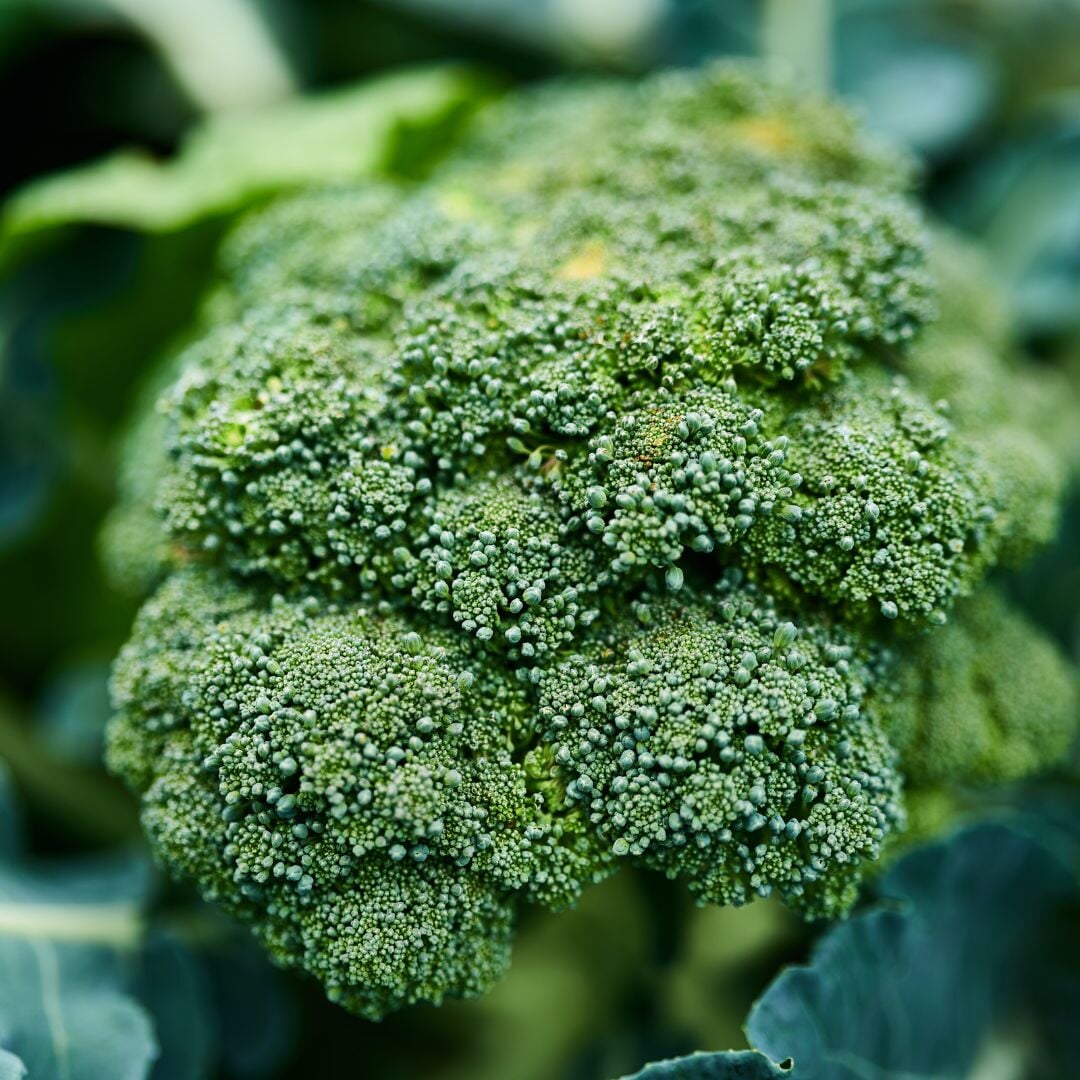
Did you know that eating broccoli is good for your skin? New research conducted at John’s Hopkins University indicates sulforaphane – a compound found in broccoli – can help repair sun-damaged skin and even prevent certain kinds of melanoma. For more information about how Broccoli is good for your skin read this great scientific article about the health benefits of broccoli, just click here.
What’s New and Beneficial About Broccoli
- Broccoli can provide you with some special cholesterol-lowering benefits if you will cook it by steaming. The fiber-related components in broccoli do a better job of binding together with bile acids in your digestive tract when they’ve been steamed. When this binding process takes place, it’s easier for bile acids to be excreted, and the result is a lowering of your cholesterol levels. Raw broccoli still has cholesterol-lowering ability—just not as much.
- Broccoli has a strong, positive impact on our body’s detoxification system, and researchers have recently identified one of the key reasons for this detox benefit. Glucoraphanin, gluconasturtiian, and glucobrassicin are 3 glucosinolate phytonutrients found in a special combination in broccoli. This dynamic trio is able to support all steps in body’s detox process, including activation, neutralization, and elimination of unwanted contaminants. Isothiocyanates (ITCs) are the detox-regulating molecules made from broccoli’s glucosinolates, and they help control the detox process at a genetic level.
- Broccoli may help us solve our vitamin D deficiency epidemic. When large supplemental doses of vitamin D are needed to offset deficiency, ample supplies of vitamin K and vitamin A help keep our vitamin D metabolism in balance. Broccoli has an unusually strong combination of both vitamin A (in the form of beta-carotene) and vitamin K. For people faced with the need to rebuild vitamin D stores through vitamin D supplements, broccoli may be an ideal food to include in the diet.
- Broccoli is a particularly rich source of a flavonoid called kaempferol. Recent research has shown the ability of kaempferol to lessen the impact of allergy-related substances on our body. This kaempferol connection helps to explain the unique anti-inflammatory benefits of broccoli, and it should also open the door to future research on the benefits of broccoli for a hypoallergenic diet.
Studies have shown that even kids like broccoli and one way to ensure that they enjoy it is to cook it properly by using our Healthy Steaming method. Overcooked broccoli becomes soft and mushy, an indication that it has lost both nutrients and flavor. Begin by cutting broccoli florets into quarters and let sit for several minutes before cooking to enhance its health-promoting benefits. Steam for 5 minutes. See Healthiest Way of Cooking Broccoli below.
You’ll want to include broccoli as one of the cruciferous vegetables you eat on a regular basis if you want to receive the fantastic health benefits provided by the cruciferous vegetable family. At a minimum, include cruciferous vegetables as part of your diet 2-3 times per week, and make the serving size at least 1-1/2 cups. Even better from a health standpoint, enjoy broccoli and other vegetables from the cruciferous vegetable group 4-5 times per week, and increase your serving size to 2 cups.

